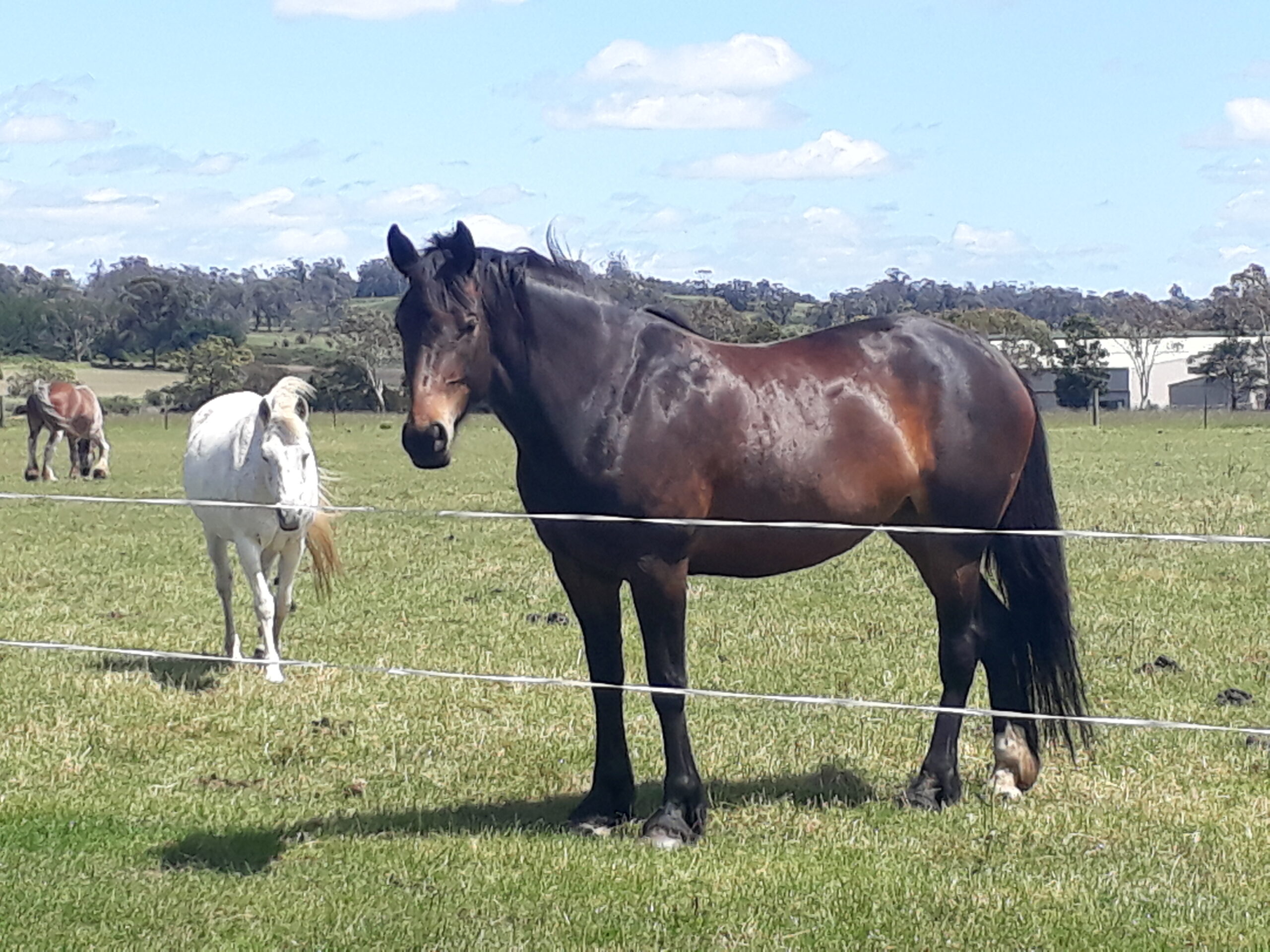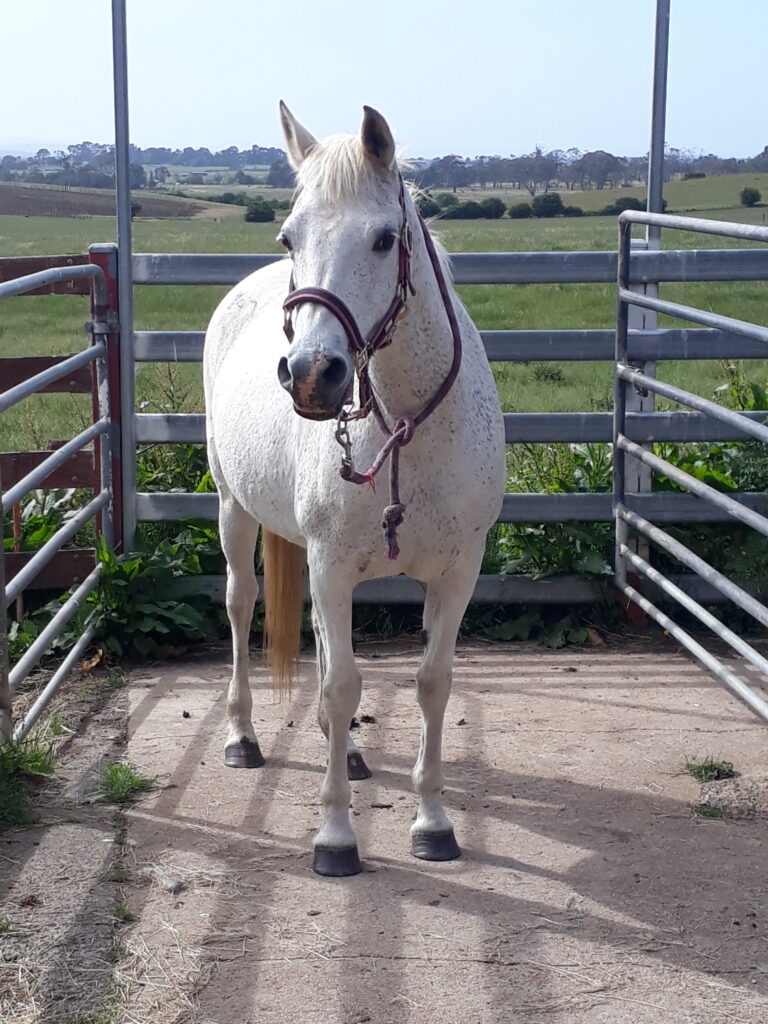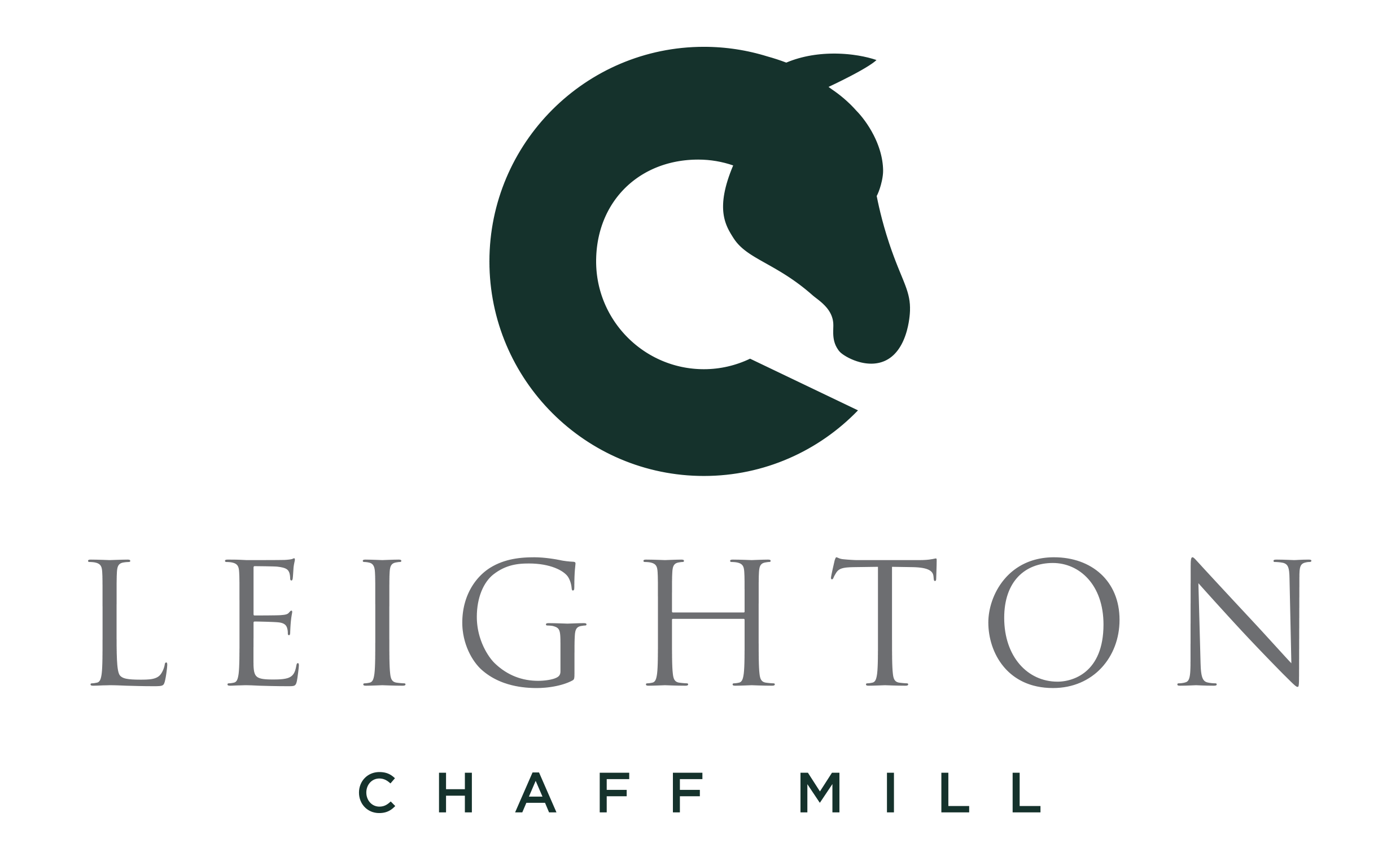Leighton Stud
Agistment Centre


The property Leighton, has a long held relationship with horses. Breeding Australia’s first draft horses, Leighton supplied both Sydney and Melbourne from the mid 1880s. The property was famed for stabling Sandhawk, the most expensive sire to come to Australia from the UK in the 1970s. Piping Lane was sired on the property and was the first of only two Tasmanian horses to win a Melbourne Cup in 1972.
The current Campbell family bred Riding Pony’s for showing. Since that time the smaller paddocks surrounding the house, cottage, chaff mill and stable block have been set aside for horses. Renting paddocks or grazing space for horses to their owners is called agisting and this activity is common throughout Tasmania and the mainland for non-land owning people to own a horse for recreational pursuit.
Today, Leighton has approximately 23 acres available for agisted horses with a access to the following facilities:
- Enclosed Arena – 20m x 60m for riding and schooling
- Wash bay access
- Straw bedded loose box for unwell horses
- Tack space
- Feed space
- Shared tea room with the workers from the Chaff Mill on weekdays including fridge, microwave and urn for hot water
- Shared toilet building
Riding out across Leighton’s 200 acres can take you to the river paddock where you’ll see the South Esk River take a mighty curve south enroute to nearby Perth and Longford. From the top of the bank looking south east the view across the river to Evandale is worth a photo. Remember when you ride through gates to leave them exactly as you found them. The cattle are placid and so are the bulls. Simply give them a wide berth and they’ll do no more than look at you.
All horses at Leighton are expected to participate in a regular worming and rotation cycle with horses paddocked in 2 or 3 groups depending on their individual needs. Horses are happiest in small herds and experience less stress than being paddocked alone. It also allows greater rest for empty paddocks which can then be harrowed to spread manure or cross grazed by cattle.
For agistment enquiries please contact:
- Phone Bernice 0407 213 635
- Email Leighton Stud Agistment Centre

